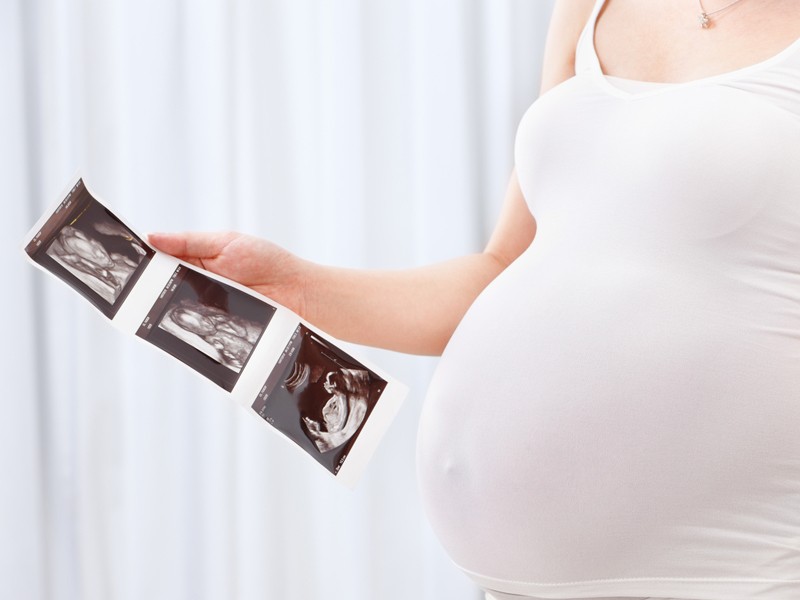Pregnancy after IVF program

The problem of infertility is becoming more and more urgent. Many couples face it when they cannot get pregnant for a long period during a regular sex life without contraception,. They undergo long-term diagnostics, treatment courses, but often this does not give results. And then they turn to assisted reproductive technologies. One of these is in vitro fertilization (IVF).
The principle of this method is that an egg is taken from a woman and artificial insemination is performed “in vitro”. Then the embryo is placed in an incubator, where it develops during 5 days. After that it is transferred to the uterus for implantation and subsequent development of pregnancy.
For most couples, this is the only way to become parents. But not every case ends with fertilization. As a rule, two of three women cannot get pregnant with the first IVF attempt. And then, it is important not to panic and not stop trying to conceive a child.
Moreover, there are cases that spouses managed to conceive on their own after IVF. There have been several studies done on this issue. For example, French scientists have studied that in 17% of couples where the first child was born using in vitro fertilization, the second one was born naturally.
Contacting a reproductive clinic and carrying out in vitro fertilization in time increases the chances of a married couple for a natural conception of a child.
This can be explained by such factors:
- Long-term hormone therapy, during which changes in the woman’s body occur. They stimulate all processes of fertility.
- Preparedness of the body for pregnancy. The entire period of artificial insemination is the preparation of a woman for bearing a child. Her uterus becomes ready to receive the embryo.
- Wellness. Before this procedure, both sexual partners are fully examined. And if diseases are detected, they undergo a full course of treatment, which improves overall health.
- Lifestyle change. During this time, the couple improves their nutrition and their lifestyle. A complete rejection of bad habits, alcohol is required. Also, a man avoids overheating, which means that his spermatogenesis improves.
- The emotional factor. An explicit attitude towards carrying a pregnancy generates special impulses in the body. Also, future parents take more rest, spend time together.
- Pregnancy cures. Sometimes after a successful pregnancy, the woman’s body is restored: the level of hormones returns to normal, chronic diseases are cured and many processes normalize.
Is it possible to get pregnant after a failed IVF?
It happens very often that IVF is the last chance for a couple to become parents. And after a failed attempt, people become depressed and upset. In fact, you should not give up, because according to studies, such a couple has a chance to become pregnant not only with a new IVF attempt, but also naturally. This is possible for the same reasons as after successful IVF. The only difference is that the couple needs to start trying to get pregnant as soon as possible.
And it is worth making a correction on several points to improve the odds:
- Excess weight. In any case, it is necessary to lose weight, as it affects the level of sex hormones and overall health.
- Lack of sleep. The body recovers during sleep.
- Caffeine. You can drink coffee. But you should limit it and drink it not every day.
- Alcohol. It is better to give up alcohol altogether before planning pregnancy.
- Smoking. In any case, smoking has a bad effect on all processes in the body. Therefore, it is better to stop it right now.
You need to get rid of all bad habits, start eating well, neutralize the effects of stress with yoga and sports and monitor your cycle. This can increase your chances of getting pregnant.
Unfortunately, after IVF, the chance of a natural pregnancy is small. Therefore, if this is a very important aspect for a couple, and age does not allow waiting long, it is recommended to contact a specialized reproductive clinic. Discuss with doctors what is the probability of pregnancy based on age, reasons for infertility, and the health status of men and women.


